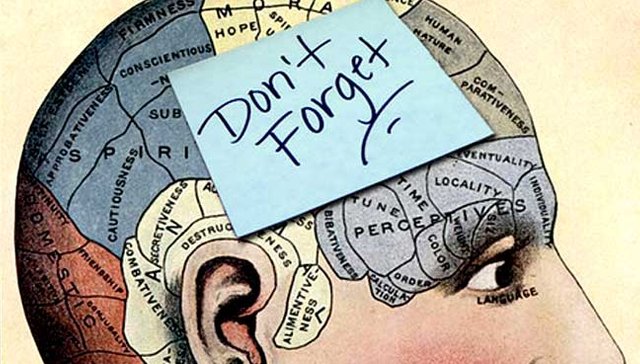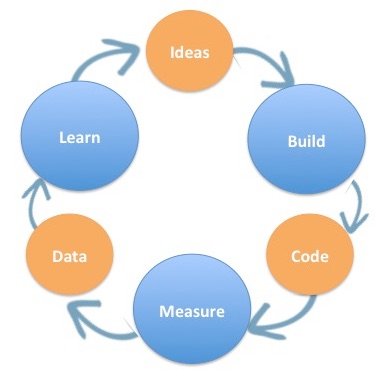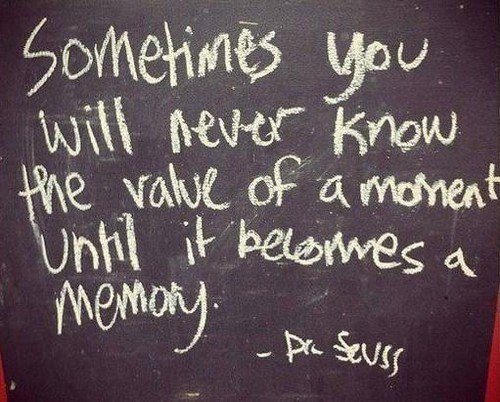Long-term memory is where learning information encoded viewed by information processing theories
Long-term memory is where learning information encoded viewed by information processing theories

Image Source
Learners enact significant parts of long-term memory and relate new knowledge to existing information in working memory. Sorted out, important information is less demanding to incorporate with existing knowledge and more prone to be recollected. From an information processing point of view, self-regulation is generally identical to metacognitive awareness.
This awareness incorporates knowledge of the assignment, and in addition self-knowledge of individual capacities, interests, and states of mind. Self-regulated learning expects learners to know about errand requests, individual characteristics, and systems for finishing the assignment.
Metacognitive awareness additionally incorporates procedural knowledge or preparations that control learning of the material by checking one's level of picking up, choosing when to adopt an alternate errand strategy, and evaluating availability for a test. Self-regulatory exercises are kinds of control forms under the student's bearing. They encourage processing and development of information through the system.
The fundamental unit of self-regulation might be a critical thinking generation system, in which the issue is to achieve the objective and the observing serves to find out whether the student is gaining ground. This system analyzes the current circumstance against a standard and endeavors to lessen errors.

Image Source
An early detailing was Miller, Galanter, and Pribham's test-operate-test-exit model. The underlying test stage analyzes the current circumstance against a standard. On the off chance that they are the same, no further action is required. On the off chance that they don't coordinate, control is changed to the operate capacity to change conduct to determine the error.
One sees another state of issues that is contrasted and the standard amid the second test stage. Accepting that these match, one exits the model. In the event that they don't coordinate, promote behavioral changes and correlations are essential.
To delineate, accept that Jenny is reading her history text and stops occasionally to summarize what she has perused. She reviews information from long-term memory relating to what she has perused and thinks about the information to her inward standard of a satisfactory summary.
This standard likewise might be a creation portrayed by rules created through experiences in summarizing. She keeps reading if her summary matches her standard. In the event that they don't, she assesses where the issue lies and executes an adjustment methodology.

Image Source
2 Primary highlights of information processing models
- Comparisons of present action against benchmarks
- Steps taken to determine disparities
A key part of these models is knowledge of learning techniques, including their systems and contingent knowledge of when and for what reason to utilize the methodologies. Learning procedures are intellectual designs arranged toward fruitful errand execution. Methodologies incorporate such exercises as choosing and sorting out information, practicing material to be gotten the hang of, relating new material to information in memory, and improving significance of material.
Procedures likewise incorporate systems to make and keep up a positive learning atmosphere, for instance, approaches to beat test uneasiness, improve self-efficacy, value the benefit of learning, and create positive result desires and dispositions. Utilization of methodologies is a basic piece of self-regulated learning since systems give learners better control over information processing.
From an information processing point of view, learning includes important coordination of new material into long-term memory networks. To encode information, learners take care of significant assignment information and exchange it from the tangible enlist to working memory. Learners additionally actuate related knowledge in long-term memory. In working memory, learners fabricate associations between new information and earlier knowledge and incorporate these connections into long-term memory networks.
Learning methodologies help encoding in each of these stages. One critical procedure is practice, which incorporates rehashing information, underlining, and summarizing. Rehashing information so anyone might hear, subvocally, or secretively is a successful strategy for assignments requiring repetition memorization.

Image Source
References:
https://psysc613.wikispaces.com/Memory+Development
https://en.wikipedia.org/wiki/Long-term_memory
https://en.wikipedia.org/wiki/Information_processing_theory
We have this lesson or learnings when we were second year college . Metacognitive is a acquire or general knowledge.
full of information... you always tackle about intellectual process.. its a good way of sharing that information to us.. thanks
This post has received gratitude of 4.77 % from @appreciator thanks to: @juvyjabian.
You got a 3.02% upvote from @postpromoter courtesy of @juvyjabian!
Want to promote your posts too? Check out the Steem Bot Tracker website for more info. If you would like to support the development of @postpromoter and the bot tracker please vote for @yabapmatt for witness!